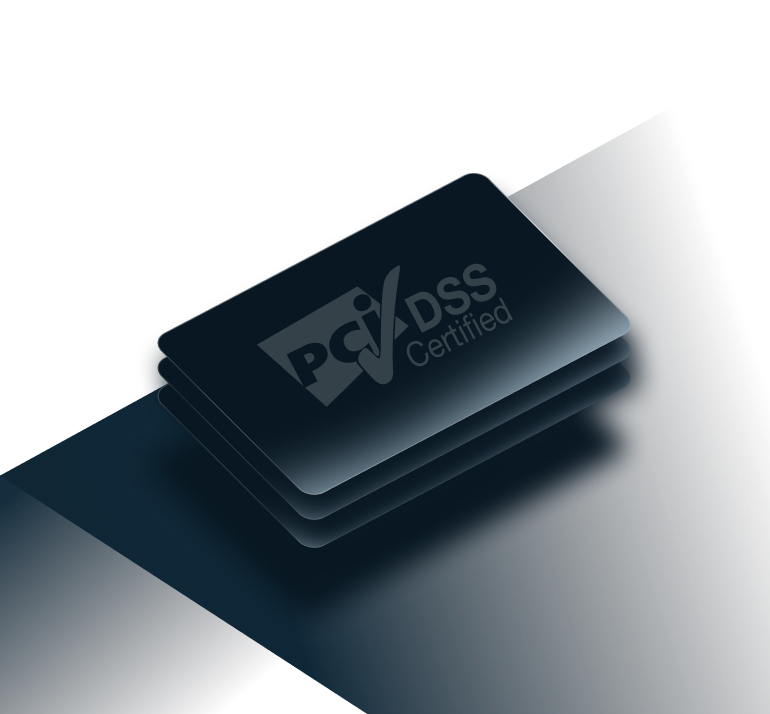It sets a basic level of protection for all parties involved. As a result, businesses can minimize the risk of fraud at any point in payment processing. Compliance determines customer trust, prevents penalties for non-compliance, and creates a security framework based on legal data.
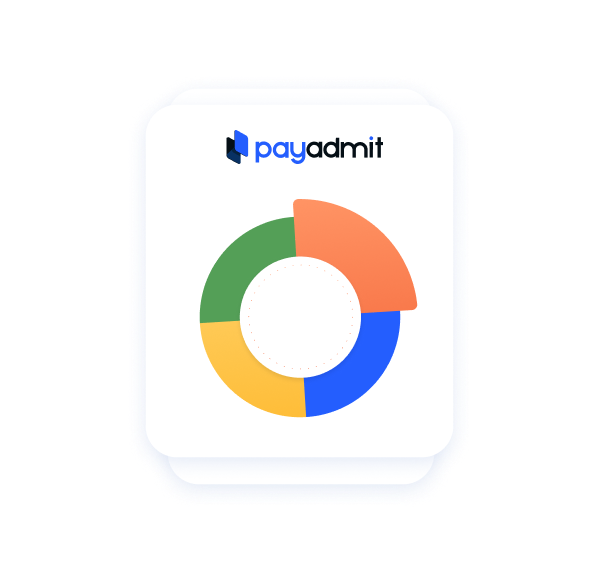
WHAT IS PCI AND PCI DSS CERTIFICATION?
PCI DSS (Payment Card Industry Data Security Standard) protects a credit card number, expiry date, access code, and other payment details from illegal access. Top payment card issuers have initiated the formation of security standards.
PCS/DSS certification is required to prove that merchants can handle sensitive payment data efficiently. It applies to all companies that accept card payments. They can take proactive steps based on their operations and potential threats.
Use high security standards to exclude monetary losses and damage to the brand’s image.
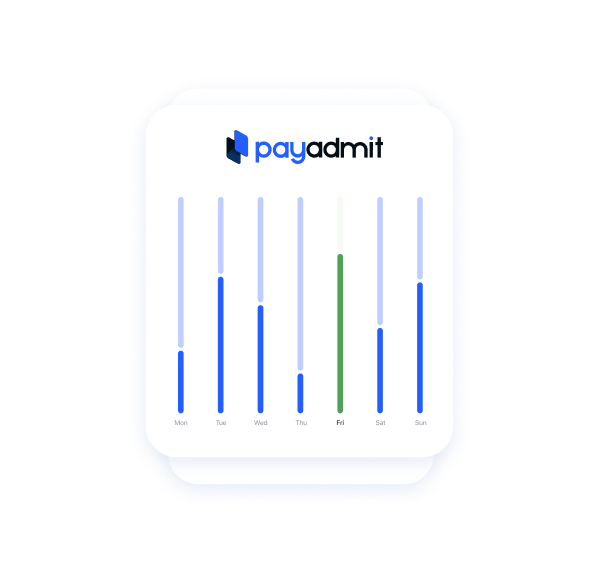
WHY DO YOU NEED TO COMPLY WITH PCI SECURITY STANDARDS?
Merchants supporting card payments must adhere to four levels of PCI card compliance. Each one comes with specific perquisites, aiming to improve online operations. Here’s why your company must obtain PCI DSS certification:
Earn customer trust. Merchants convey a sense of security for your customers, building overall trust.
Reduce risk of fraud. Data encryption and intrusion detection mechanisms help commercial companies avoid financial losses and build up an excellent reputation in the highly dynamic market.
Meet card brand requirements. Merchants can build strong relationships with card brands to strengthen operations.
Build a strong brand reputation. Commitment to data safeguards can set businesses apart from their closest competitors.
Invest in security compliance to reinforce your brand’s standing in the market.
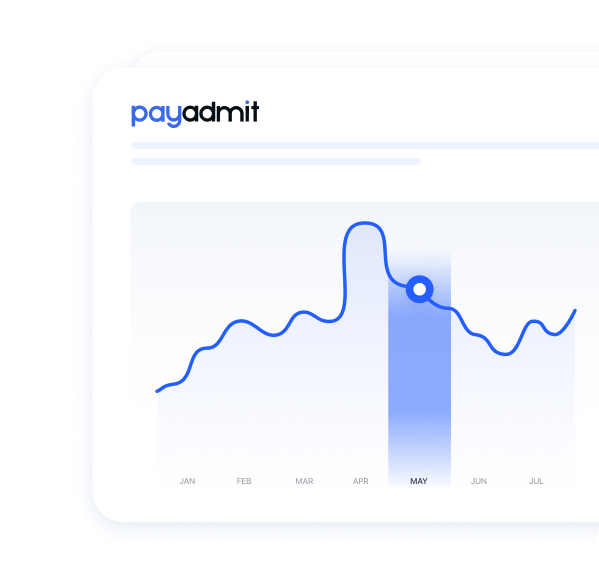
WHAT IS THE SAFE WAY OF ACHIEVING PCI COMPLIANCE AND MEETING PCI DSS STANDARDS?
Setting up PCI data security shouldn’t be a daunting task. Compliance can be established in a few steps:
- Determine your level of compliance based on the number of annual transfers.
- Assess your company’s security in terms of primary and permanent risks.
- Look for system gaps to determine your company’s risks and areas for improvement.
- Plan your internal controls according to the PCI DSS framework, including the moments of entering, collecting, and storing data.
- Complete internal or external tests to check whether all requirements have been properly met.
- Submit a report to obtain the official certification from an official regulator.
- Monitor the controls to ensure data security on a regular basis.
Once done, keep your business PCI compliant throughout the year.
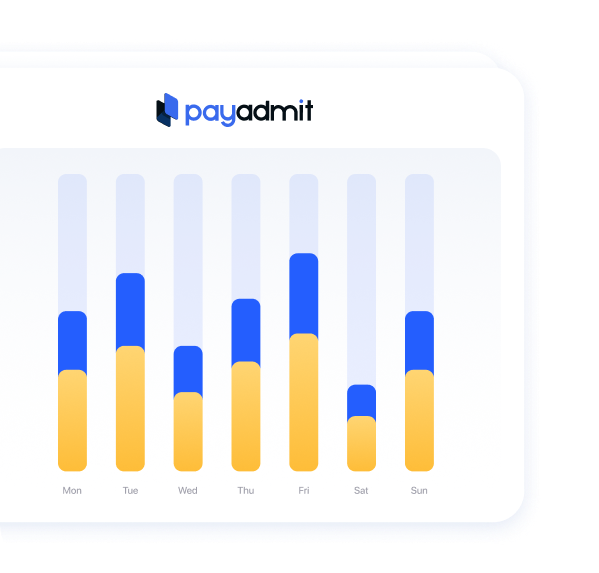
WHAT PCI DSS COMPLIANCE SERVICES ARE OFFERED BY PAYADMIT?
Building data backups is a smart investment in the future of your brand. With PCI DSS security in place, your company can breathe easy next time your customer puts in their credit card. PayAdmit can help you create a safe environment where your customers and business can flourish. Our expert team offers risk assessments, compliance audits, as well as operational training and monitoring. Here is our way to help merchants successfully achieve PCI compliance:
Focus on smaller businesses. We help small merchants complete the certification routine without any difficulties.
Dashboard experience. We check transaction history and recommend how to build compliance by means of customized dashboard services.
Full-scale monitoring. We monitor security compliance and inform merchants about new requirements.
Support for multiple payment providers. We collect Attestation of Compliance (AOCs) from payment providers to achieve the brand’s compliance.
FREQUENTLY ASKED QUESTIONS
Why is PCI DSS important?

What is the main idea behind PCI DSS standards?

Security standards aim to boost the payment system functionality through firewalls, anti-virus protection, password maintenance, access restrictions, constant tests, security policies, and more.
Who requires PCI DSS compliance?

Visa, MasterCard, American Express, Discover, and other payment brands require all merchants to stay legally compliant.
What happens if your company doesn't meet PCI DSS standards?

If a company fails to meet these standards, it may face data breaches, leading to hefty fines from payment processors, higher transaction fees, legal liabilities, and serious reputational issues.
How to secure credit card data in accordance with PCI DSS standards?

Encrypt the received credit card data to restrict access, install firewalls and strong passwords, monitor networks, and maintain the latest updates to security regulations.
How is PCI DSS compliance assessed?

Small merchants complete annual self-assessment questionnaires (SAQs). Large merchants undergo formal audits performed by the Qualified Security Assessor (QSA).
How many levels of PCI DSS compliance exist?

PCI offers four levels, based on the number of annual card operations processed by the company. Level 1 stands for over 6 million transactions and requires a QSA audit. Levels 2–4 handle fewer transactions and require an SAQ and quarterly network scans.
How to obtain PCI DSS certification for your company?

Identify your merchant level, complete the SAQ or QSA audit, eliminate security gaps, implement proper controls, make vulnerability scans, and submit the AOC to your payment processor.
